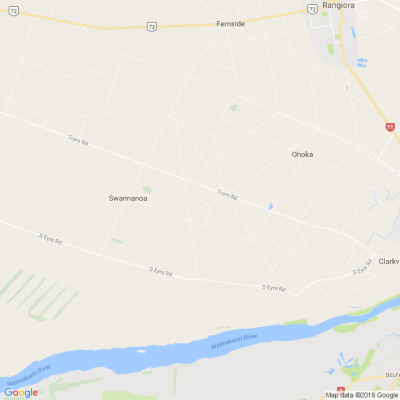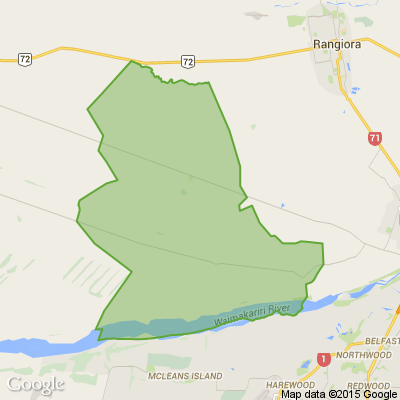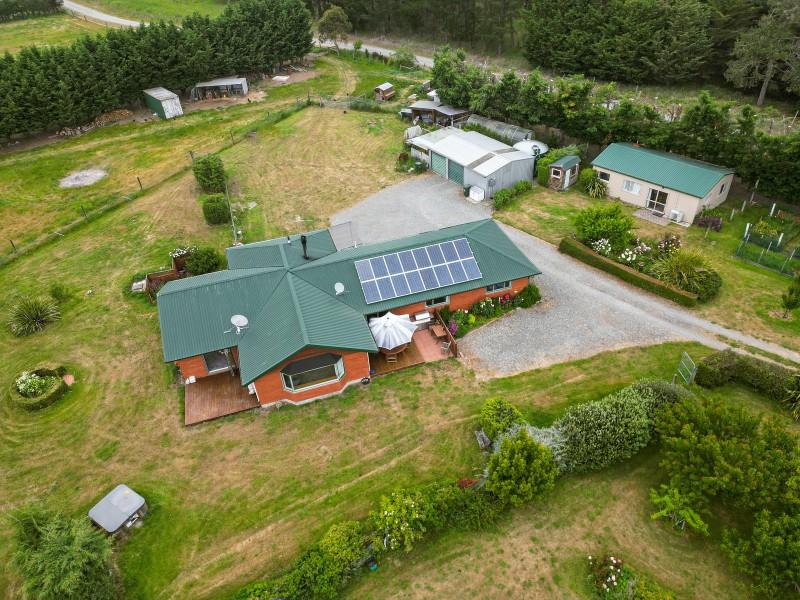Addressing historical greviances
By David Hill, Local Democracy Reporter
Local Māori will soon be able to return to live on their customary land.
Waimakariri District Council chief executive Jeff Millward says the proposed Waimakariri District Plan, which was notified in September 2021, includes special purpose zoning for Māori Reserve 873, between Kaiapoi and Rangiora.
This included allowing for up to seven houses on a four hectare section.
These have been incorporated into the draft Greater Christchurch Spatial Plan, which has recognised the need for infrastructure investment for kāinga nohoanga (places of residence) across the Greater Christchurch area.
"Historically they have been prevented from living on their own land and growing crops for mahinga kai," Millward said.
The National Policy Statement on Urban Development stated that well-functioning urban environments needed to have a variety of homes, and this included enabling Māori to express their cultural traditions and norms.
Māori Reserve 873, which included the kāinga (village) of Tuahiwi and the surrounding rural area, was set aside by the Crown in 1848 as a kāinga nohoanga.
The 1868 Native Land Court defined Ngāi Tahu mahinga kai and whānau rights.
But subsequent territorial authorities, including the Waimakariri District Council, which was established in 1989, had overlooked the history and introduced rural zoning rules and applied them to Māori Reserve 873.
Most recently, about 2005, the Waimakariri District Council changed the rural zoning for the reserve to 10 acres without consulting with the rūnanga.
This was unworkable as properties were already much smaller and had multiple houses on them.
The land grievances were due in part to different cultural understandings and the complexity of Māori ownership.
Māori practised Kaitiakitanga (stewardship) where resources including land were looked after by the hapū for the next generation.
The consequence has seen Māori lose the ability to use the land for mahinga kai and whānau have been unable to live on the land.
Comment was sought from Ngāi Tūāhuriri.
■ Public interest journalism funded through New Zealand on Air.

We're talking new year resolutions...
Tidying the house before going to bed each night, meditating upon waking or taking the stairs at work.
What’s something quick, or easy, that you started doing that made a major positive change in your life?

⚠️ DOGS DIE IN HOT CARS. If you love them, don't leave them. ⚠️
It's a message we share time and time again, and this year, we're calling on you to help us spread that message further.
Did you know that calls to SPCA about dogs left inside hot cars made up a whopping 11% of all welfare calls last summer? This is a completely preventable issue, and one which is causing hundreds of dogs (often loved pets) to suffer.
Here are some quick facts to share with the dog owners in your life:
👉 The temperature inside a car can heat to over 50°C in less than 15 minutes.
👉 Parking in the shade and cracking windows does little to help on a warm day. Dogs rely on panting to keep cool, which they can't do in a hot car.
👉 This puts dogs at a high risk of heatstroke - a serious condition for dogs, with a mortality rate between 39%-50%.
👉 It is an offence under the Animal Welfare Act to leave a dog in a hot vehicle if they are showing signs of heat stress. You can be fined, and prosecuted.
SPCA has created downloadable resources to help you spread the message even further. Posters, a flyer, and a social media tile can be downloaded from our website here: www.spca.nz...
We encourage you to use these - and ask your local businesses to display the posters if they can. Flyers can be kept in your car and handed out as needed.
This is a community problem, and one we cannot solve alone. Help us to prevent more tragedies this summer by sharing this post.
On behalf of the animals - thank you ❤️









 Loading…
Loading…











